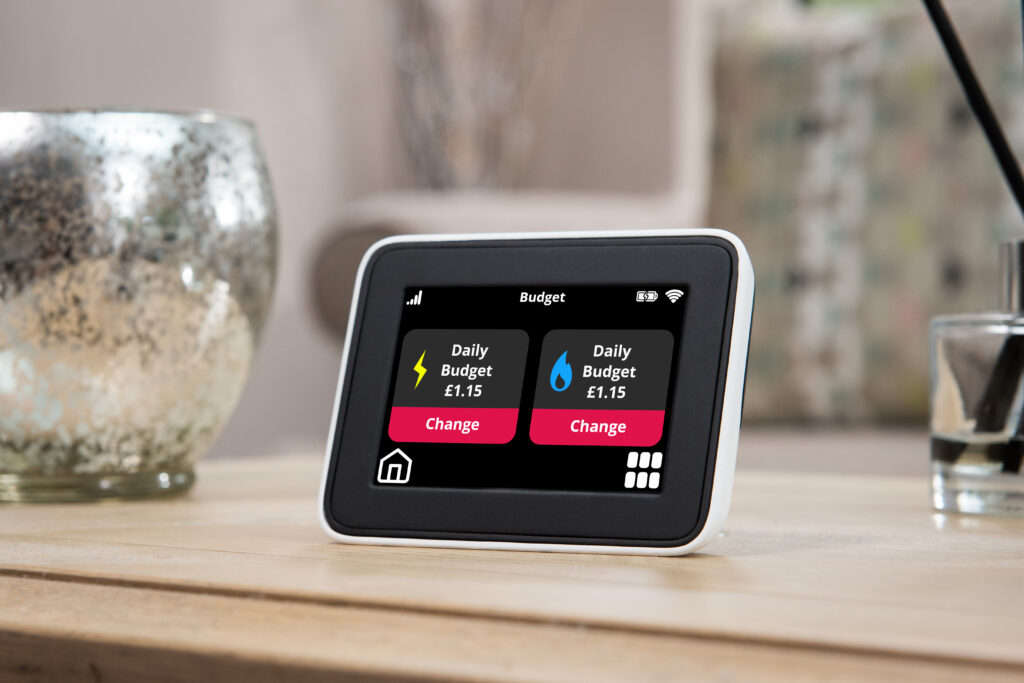The Department for Business, Energy & Industrial Strategy (BEIS) has backed the SMS plc-led research project that uses ‘Internet of Things’ (IoT)-enabled smart meters to provide tailored solutions and allow consumers to improve the energy efficiency of households.
The trial uses a temperature sensor to record real-time temperature data inside homes, as well as the corresponding temperature outside taken from weather reports. The sensor will be built into a smart meter’s in-home display (IHD) supplied by Chameleon Technology. These figures will then be compared to data obtained from gas smart meters to make a highly accurate calculation of a household’s heat efficiency.
SMS will use its subsidiary energy data platform, n3rgy, to acquire consumer consent to record data.
Heat transfer coefficient algorithms will create different archetype groups and benchmarks utilising this gas usage data. The smart technology app from ivie will then present tailored energy efficiency advice and solutions. This includes recommendations for insulation upgrades such as fabric improvements and suitability for more sustainable heating systems.
Green Energy is also a partner for the project, which forms part of BEIS’ new Smart Meter-based Internet of Things Applications Programme.
“This exciting project is yet another great opportunity to show how the smart meter system can be used as a platform for innovation. Through the ongoing smart meter rollout, the UK Government, network operator Smart DCC, and industry pioneers like SMS are helping establish a digital backbone for the UK energy industry,” said smart product and strategy director at SMS, Tom Woolley.
“This particular study will look at new ways of proving how our national, secure, and interoperable smart meter ecosystem can be used for more than just energy data. The use case we have identified will enable a low-cost, mass-market opportunity using existing technologies to assess the heat loss coefficient of a property. In turn, we anticipate we will be able to intelligently identify solutions for homeowners, such as modelling the impact a heat pump would have in their home, as well as offering more practical advice on home energy efficiency.”
In its Energy Security and Smart Meters paper, Cornwall Insight argued for the “critical role” that smart meters would play in the UK’s heat decarbonisation journey as they can empower consumers to change their energy usage habits.
Despite their ability to encourage consumers to shift their energy usage away from peak periods, energy data transfer regulator ElectraLink, reported that smart meter installation rates for 2022 (2.37 million) were lower than 2021 (2.42 million).






